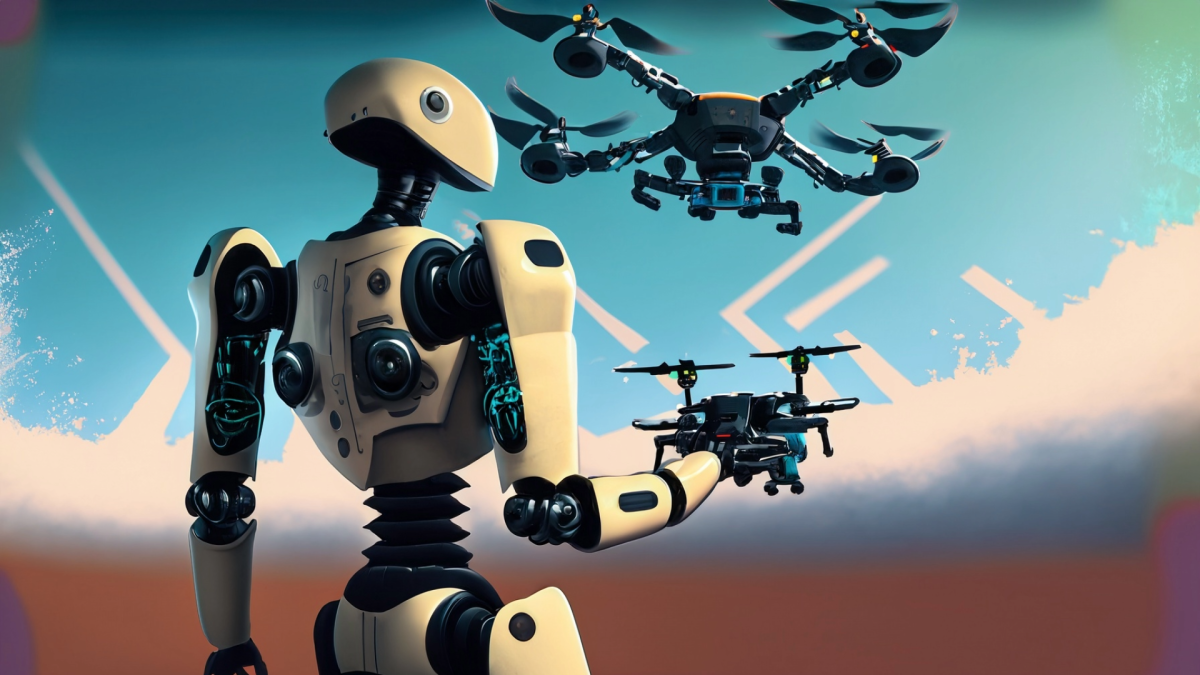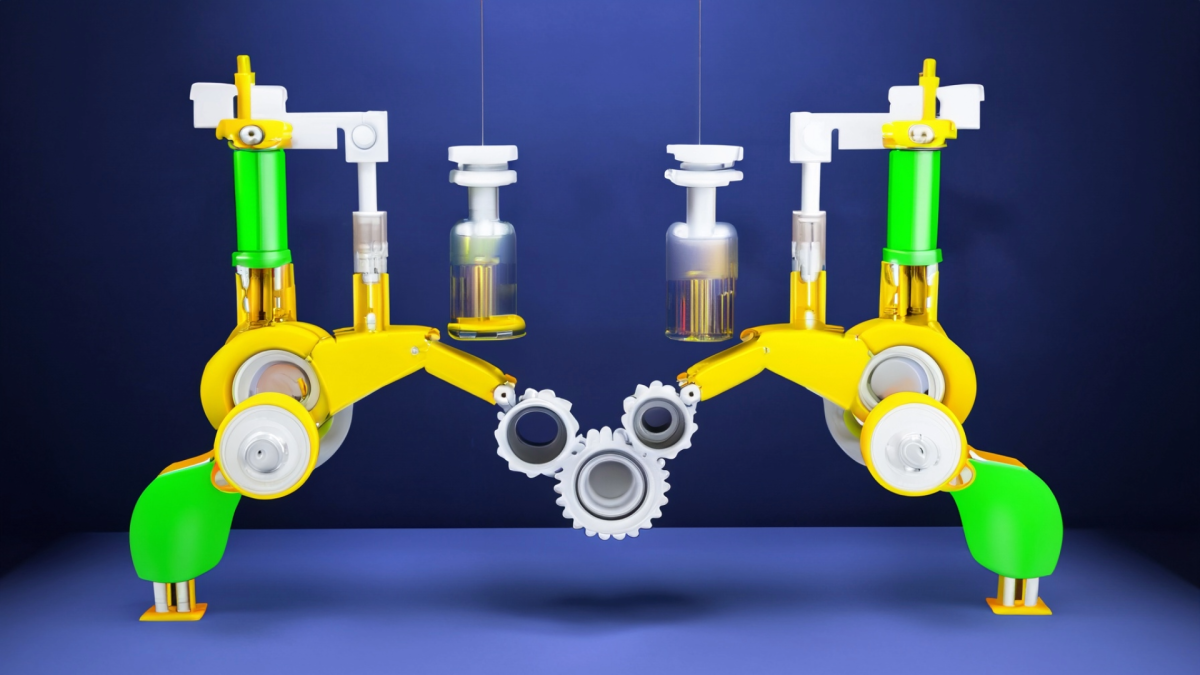
Biotechnology and Food
by Hermelina Liddell
This is a lesson that can be taught in 5 days or one week. The lesson was put together in collaboration with the Smithsonian Science Education Center. It talks about global goals (one of which is food and world hunger), and it follows a guide on Biotechnology. It starts with knowing our learners, by knowing who they are.
The students created an Identity Map and wrote their hopes and concerns for the future. They also discussed their own personal observation about the local community and how changes have been made in regard to agriculture and food production. With limited space due to urbanization, the students did an activity on planting tomatoes. Can they plant only in rural areas? How can they grow plants in urban setting?
Lesson Plan Link/URL
https://docs.google.com/presentation/d/1gMAykZ6qP6fPowmaXAaazOvm6fTKAKnDjyWXvAe…Subject Area
Science Life Science L2: Organisms & Energy L3: Genetics & Heredity L4: Evolution Technology 4. Innovative Designer English Language Arts (ELA) Writing
Featured
Off
Related Content

Grades:
6th Grade, 7th Grade, 8th Grade, 9th Grade, 10th Grade, 11th Grade, 12th Grade
This lesson is designed to encourage students to explore their interests and pursue their passions while diving into the world of STEM. This lesson takes place in a classroom for one semester. 1 hour

Grades:
Kindergarten, 1st Grade, 2nd Grade, 3rd Grade, 4th Grade, 5th Grade, 6th Grade, 7th Grade, 8th Grade, 9th Grade, 10th Grade, 11th Grade, 12th Grade
Button makers are great additions in the classroom! But first, students should learn the history of buttons, about the button machine and how to operate it. Challenge cards provided inspire students

Grades:
7th Grade, 8th Grade, 9th Grade, 10th Grade, 11th Grade, 12th Grade
Students will apply principles of design, engineering, and mathematics to create a physical or digital labyrinth inspired by the myth of Theseus. This project integrates STEM concepts with literature